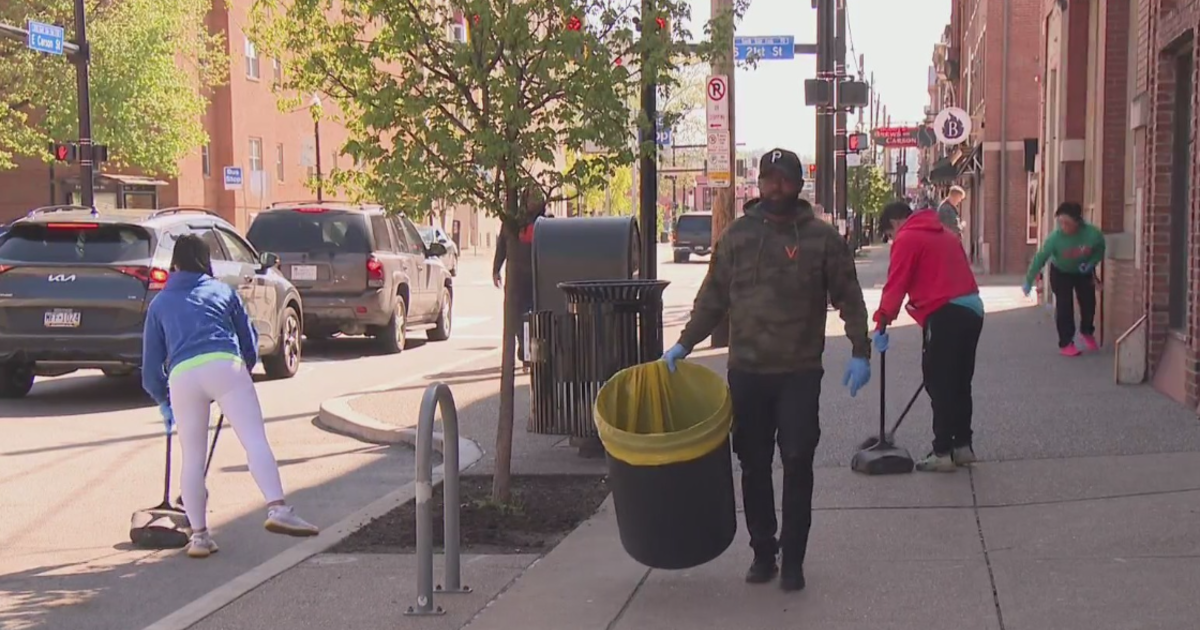Angie's List: Proper Deck Maintenance Tips
PITTSBURGH (KDKA) - A backyard deck is not only a great way to enjoy your outdoor living space, it also adds tremendous value to your home.
If kept in good condition and treated properly, it can last you 20 years or more.
Most wood decks are made of pressure-treated pine or red cedar and are a beautiful addition to any home. After just a couple years, they can start to look weathered if not taken care of properly.
"You should reseal your deck every two to three years with either a clear or semi-transparent stain. The easiest way to find out whether it's time to tackle your deck is to drop some water on it. If it beads up nicely, you can wait a little longer. If it soaks in, it's time to re-stain," Angie's List founder, Angie Hicks said.
This can be a do-it-yourself project, but it's not as simple as it might seem. You can actually damage your deck if you're not careful. A common mistake is power washing with too much pressure or spraying too close to the wood.
"You want to keep the tip of your power washer at least six inches away from the wood at all times, and you want to keep it pretty much at a constant elevation and always keeping it in motion. If you stop or dwell in an area, you're likely to leave a mark in the wood that will be very difficult to remove," deck professional John Nearon said.
After your power wash, let the deck dry out, and then apply the stain or sealer. Nearon recommends a penetrating, oil-based stain instead of a water-based product that just coats the surface.
"If you use something that forms a film, it behaves like a paint. You almost have to get that 100 percent off either by sanding or by chemical stripping, and that becomes very arduous," Nearon said.
If your deck really needs reviving, you can apply a non-bleach brightener between the power wash and stain application. That should restore some of the wood's original color.
If you use a power washer, Hicks said to look for a light duty one, which offers pressure ranges at less than 200 pounds-per-square-inch and then stay below 1,200 P.S.I.
Medium, heavy and extra duty washers can start with PSIs higher than you should go.
Join The Conversation On The KDKA Facebook Page
Stay Up To Date, Follow KDKA On Twitter



